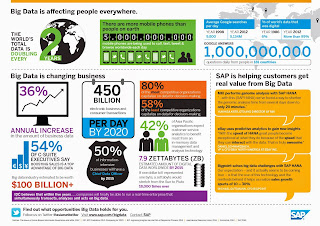"We Are Data" Algorithms and the Making of Our Digital Selves by John Cheney-Lippold
It is insane that this book has such a low coverage and poor reviews. It is brilliant. The book explores the way algorithms interpret and influence our behaviour. The book forces you to re-assess what you think data says you are. We love the idea that data and the compute model follow our mental models for binary abstraction in defining who we are. The “I am male, female or prefer not to say,” is how we believe the systems see us. John explores why they don’t. In the system we are all part-everything based on the data and how you react to media, because of this the machine see you as your behaviour to what they can see and not what you think or believe. This delta between what you think you are and what the machine thinks you are is unknown and often not reachable. We can correct false data but not false interruption. John quotes lots of people and work we all know, but also many who are not on the usual circuit which makes the book far more informative as it brings in new thi









